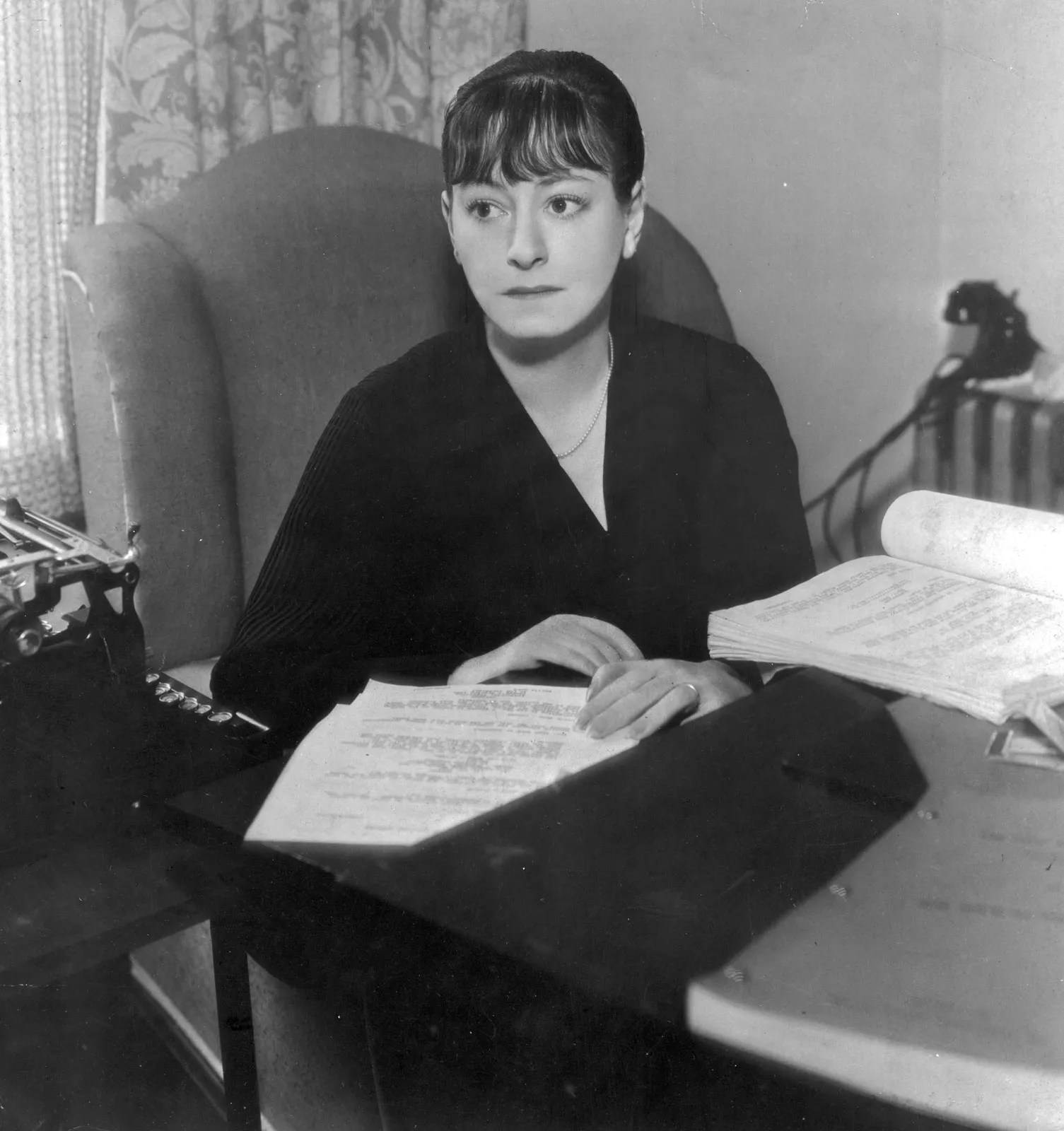
As Dorothy Parker once said
To her boyfriend, “Fare thee well”
—Cole Porter Just One of Those Things
Years ago I was up late reading a poetry anthology when I came across a familiar passage from Wordsworth:
She lived unknown, and few could know
When Lucy ceased to be;
But she is in her grave, and oh,
The difference to me!
I put the book down and thought, “You poor, poor man.” I was briefly flooded with empathy for Lucy and her chronicler. And this sensation connected my life and my various heartaches and disappointments with the turbid ebb and flow of human misery. (Soon I remembered that the people about whom I was reading had been dead for over a century. I picked up my book and went on to the next poem.)
Reading The Complete Poems of Dorothy Parker, a women who “wore [her] heart like a wet, red stain,” I am reminded of the sage* who informs us that “Happiness is a sad song” (10).
Although I’m no stranger to heartache and self-pity, Mrs. Parker obviously possesses, to paraphrase Emily Dickinson, a heart not so airy as mine.
The sun’s gone dim, and
The moon’s turned black;
For I love him, and
He didn’t love back. (151)
Just about every human being who has ever lived has had a similar experience. But how many of us could condense so much feeling into eighteen beautifully collocated metrical syllables?
(A note on Light Verse: Kurt Vonnegut complained that critics mistook Science Fiction for a urinal, and that’s how I feel about this dismissive term often applied to rhymed poetry which possesses a healthy meter. Even when, for example, Phyllis McGinley writes of serious topics like nuclear annihilation, critics belittle such poetry by classifying it as light verse. This is why I am heartened by the growing presence of poets such as Mrs. Parker and Ogden Nash in the anthologies.)
Of course, the poetry of Dottie Parker would be a dreary place were it not for the courage she demonstrates by climbing back on that horse no matter how many times it throws her.
Better be left by twenty dears
Than lie in a loveless bed;
Better a loaf that’s wet with tears
Than cold, unsalted bread (134)
And the existential vivacity of the tender heart which continues to grab life by the horns for all its gusto is heroic indeed.
For contrition is hollow and wrathful,
And regret is no part of my plan,
And I think (if my memory’s faithful)
There was nothing more fun than a man! (172)
Perhaps not coincidentally, the tenacity of Mrs. Parker’s amorousness is matched (if not bested) by the ferocity of her malevolence.
Then if friendships break and bend,
There’s little need to cry
The while I know that every foe
Is faithful till I die. (70)
Dorothy Parker is a legendary hurler of insults who penned several composites of enmity which she calls “hate poems.” Here are some of her more artful derisions:
(Serious Thinkers)
They talk about Humanity
As if they had just invented it; (224)
(Artists)
They point out all the different colors in a sunset
As if they were trying to sell it to you; (236)
(Free Verse)
They call it that
Because they have to give it away (237)
(Writers)
They are always pulling manuscripts out of their pockets,
And asking you to tell them, honestly—is it too daring? (237)
(Tragedians)
The Ones Who Made Shakespeare famous. (246)
(Psychoanalysts)
Where a Freud in need is a Freud indeed,
And we can all be Jung together (263)
(Overwrought Dramaturgy)
Of the Play That Makes You Think—
Makes you think you should have gone to the movies. (265)
(Married “Steppers-Out”)
They show you how tall Junior is with one hand,
And try to guess your weight with the other. (359)
(Bohemians)
People Who Do Things exceed my endurance;
God, for a man who solicits insurance! (120)
(Men)
They’d alter all that they admired.
They make me sick, they make me tired. (73)
(Past boyfriends)
The lads I’ve met in Cupid’s deadlock
Were—shall we say—born out of wedlock. (147)
*Schultz, Charles Happiness is a Warm Puppy
by Richard W. Bray


